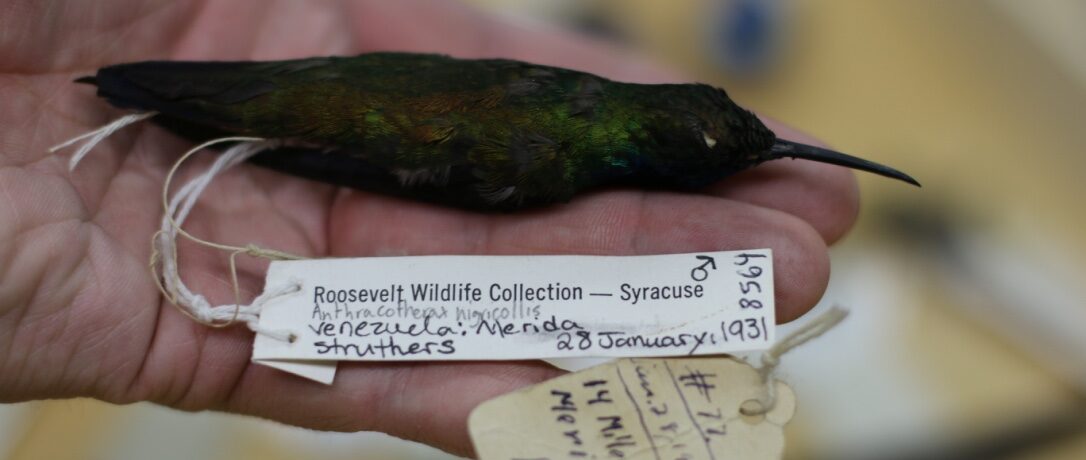After prolonged negotiations, a scaled down version of President Biden’s Build Back Better spending plan passed the U.S. House of Representatives earlier today. The $1.75 trillion measure is primarily focused on social welfare and climate change programs and includes some funds for research.
The framework passed by the House is a trimmed down version of the $3.5 trillion partisan spending package the chamber had developed back in September with the goal of passing it through the budget reconciliation process. The new version still includes $550 billion to promote renewable energy and address climate change, but funding for several research agencies and programs has been significantly scaled down or removed and spending time frames shortened.
Highlights of science related funding and changes in the new bill include:
- The National Science Foundation (NSF) is now slated to receive $3.5 billion over 5 to 6 years instead of the $11 billion over 10 years initially allocated to the science agency. Of the $3.5 billion, $1.52 billion would go to a new technology directorate, which was not specifically mentioned in the previous bill. Core research activities would receive $1.2 billion, with $500 billion set aside for climate change research. Research infrastructure projects would receive an overall funding of $500, with $200 million directed to midsize facilities and major research instrumentation. NSF would now receive $300 million, down from $1 billion, to build research capacity and modernize infrastructure at Minority Serving Institutions (MSIs). The bill also includes $25 million to ensure broad demographic participation in all NSF programs.
- The National Institutes of Health (NIH) would receive $75 million to expand research capacity at MSIs and $10 million for research on developmental delays in children.
- The National Institutes of Standards and Technology would receive $1.2 billion, down from $4.2 billion, with $650 million dedicated to infrastructure upgrades and $220 million directed to advanced manufacturing research and development.
- The National Institute of Food and Agriculture would receive $1.7 billion, down from $6.3 billion, with $210 million targeted to the Agriculture and Food Research Initiative.
- The National Oceanic and Atmospheric Administration (NOAA) would receive $759 million, down from $4.3 billion, for weather and climate forecasting research, competitive research grants, climate education, and computing and forecasting infrastructure. Over the next five years, NOAA would also receive an additional $6 billion to help coastal communities adapt to climate change and $1 billion for pacific salmon restoration.
- The U.S. Geological Survey would receive $150 million, including $50 million each for climate adaptation science centers, a 3D elevation mapping program, and water resources research and technology institutes.
A group of moderate House Democrats had held up the bill’s passage until the Congressional Budget Office (CBO) completed its economic analysis of the plan’s long term impacts on the budget deficit. The CBO delivered its estimate yesterday, finding that the bill would increase the deficit by $367 billion over a decade. This proved acceptable to enough Democrats who were holding out for the bill to pass with a 220-213 vote. According to Senate Majority Leader Chuck Schumer (D-NY), Senate Democrats intend to pass the bill before Christmas.
Meanwhile President Biden signed into law a separate $1.2 trillion bipartisan infrastructure package this week that the Senate approved back in August. The legislation contains billions for climate resilience and public transit infrastructure.

